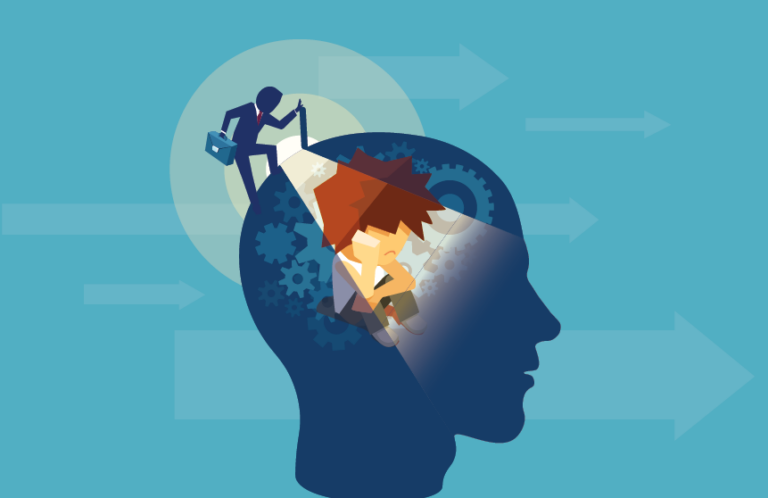
We live in a rapidly changing business world and human behavior is crucial. There is a lot that firms can learn from behavioral economics, which sits at the nexus of psychology and economics when looking into decision-making by individuals. Leading this charge is Daniel Kahneman, who has established a legacy in the field to pave the way for business owners and leaders. Let’s dive deeper into how his lessons can be implemented to improve decision-making and business strategies at large.
Human Decision Making: The conclusions to emerge from the groundbreaking work changed forever how we think about human choice. His writing suggests that humans are not always rational; metacircular choices can be based on cognitive bias or emotion. An insight that is fundamental for business leaders who want to know customer behavior, change management design, and make better products.
Prospect Theory: This explains the way in which people evaluate potential loss and gains. Business leaders might use this pattern by packaging options in a way that emphasizes expected gains, and not too much potential for loss. This strategy may also be very well suited to marketing and sales.
Anchoring: This is what happens when humans place greater importance on the first piece of information they see (an anchor), often to the detriment of other, more relevant data. Businesses can use the way they present initial information to screen customer perceptions and choices. For instance, increasing the original price can result in all discounts appearing more appealing.
Loss aversion: This Is the psychological phenomenon that people tend to like avoiding losses more than they dislike equivalent gains. What this means for business is that people will be more persuaded by what they stand to lose by not purchasing than they would potential gains. Loyalty programs and flash sales are good examples of the application of these principles.
Practical Business Leader Use Cases
Improving Marketing Techniques Scientific: Principles of behavioral economics will greatly improve your marketing efforts. This insight can allow businesses to create advertising campaigns more effectively as it reveals that consumers tend to use mental shortcuts (heuristics). So for example, the use of social proof (testimonials = reviews) can trigger a heuristic that suggests whatever everyone else is doing must be right because we live in an egocentric world.
Improving Customer Experience: Businesses can use cognitive biases to improve the customer experience. When we simplify the choices, we provide a positive customer experience by reducing decision fatigue while increasing customer satisfaction and conversion rates. Providing a default choice can also direct customers towards the things you want them to do without bombarding them.
Optimizing Pricing Strategies from behavioral economics. Product bundling or charm pricing ($9.99 instead of $10) can drive sales up much more than you expect. Pricing perception can be used to help businesses set prices that enable increased sales along with a higher profit margin.
Enhancing Employee Engagement helps identify biases in decision-making, and it can bring about process improvements that facilitate better management practices. A great example might be using the theory if an employee is loss averse, designing incentive programs so that they are performance-driven to avoid potential losses (loss of bonuses).
Behavioral economics, represents a vast vein of insights that managers can mine for advantage. With an understanding of these principles, when executives make decisions they can do so in more informed ways and create better products or marketing strategies. Our inability to accept the non-rational (but still quite systematic) nature of human behaviour does not just lead us to